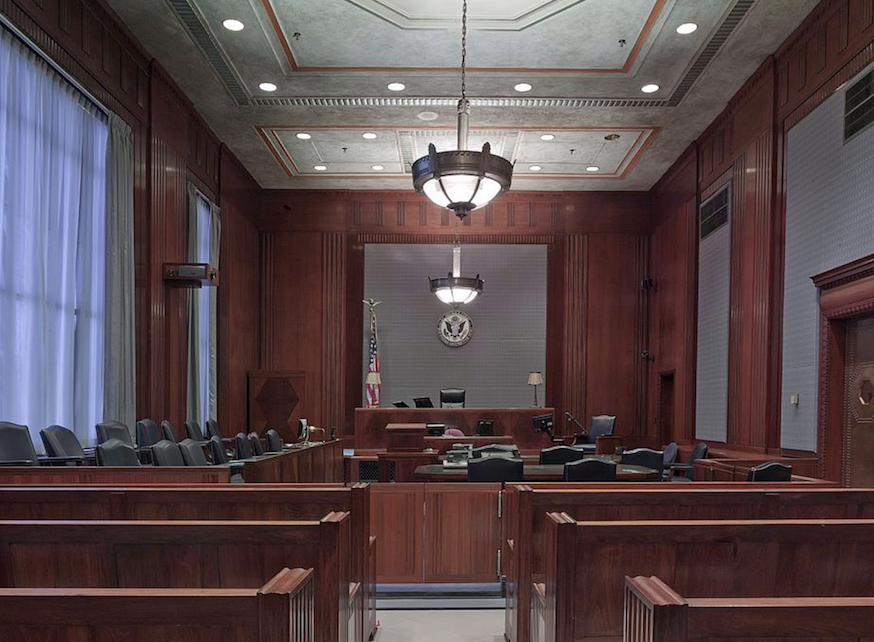Domestic Violence in the Courtroom

“I’m going to take the kids from you if you ever leave.”
“I’m going to tell the judge you’re crazy and a bad mother. They’ll believe me and not you.”
“You can’t keep my kids from me, I have rights. You’re going to get in trouble.”
The counselors and advocates at Genesis hear these stories from clients every day. But the Genesis legal staff not only hears survivors recount these threats from their abusers; we also hear the abuser himself say these things. Our legal team is uniquely positioned to advocate for survivors of domestic violence because we are offered the rare glimpse inside the dynamics of the relationship from both the survivor’s perspective and the abuser’s. As advocates, we use our experience to better prepare our clients to face their abusers in the one place they were always told they would never win: in court. It is our job to help our clients feel strong enough to face their abuser in a public setting and proclaim to the entire world what this man has done to her. We support our clients and encourage them to feel empowered to tell their story, but we also help set expectations.
Unfortunately, the court system is often not nuanced enough to fully understand that abusers don’t always leave visible marks. Judges are human, and they sometimes approach a case with their own preconceived notions of how both survivors and abusers should behave. And unfortunately, abusers lie. One of the first things we tell our clients when preparing them for court is to expect their abusive partner to willingly take an oath to tell the truth in front of a judge in open court, and then tell outrageous and inconceivable lies on the witness stand.
We also help our clients understand the realities of their case. Sometimes our clients have a wealth of evidence: they called the police many times, took pictures of bruises, kept medical records and told family or friends what he was doing over the years. But most often, because domestic violence is shrouded in secrecy and shame, survivors only have unseen scars and untold stories. Because abusers are intentionally manipulative, they often twist this to their advantage. For example, an abuser might tell the court that he would never, ever put his hands on his wife, and if he did, don’t you think she would have called the police and he would be in jail? Or wouldn’t she have told her family? Abuse is complex and multi-layered, so we know this is often not the case.
Every case the Genesis legal team deals with, therefore, is just as much about strategy as it is about seeking justice for our clients. Our job as attorneys it to advocate for the best results possible for our client. This can sometimes look very different depending on a variety of factors, including the facts of the case, whether the abuser has an attorney or is representing himself, or what judge has been assigned to the case. Our experience allows us to evaluate what is the best approach to this particular client and create a plan to advocate for her.
If you are experiencing domestic violence and need help with legal services, call us at 214.389.7700.
Written by Rachel Elkin, staff attorney at Genesis
